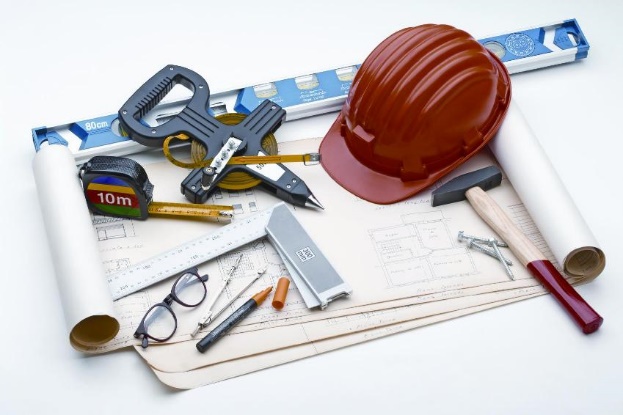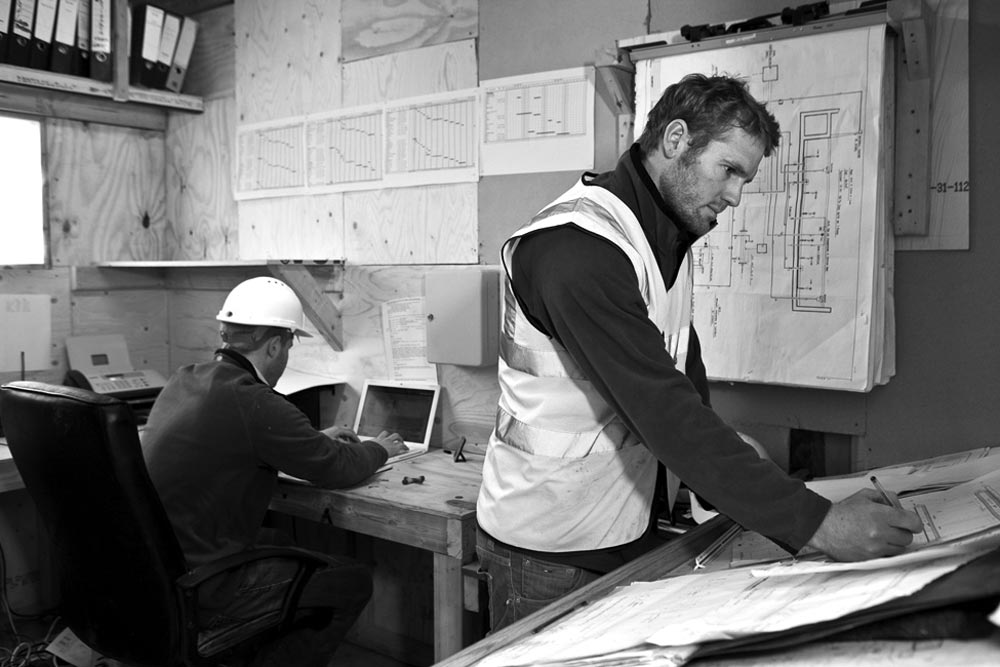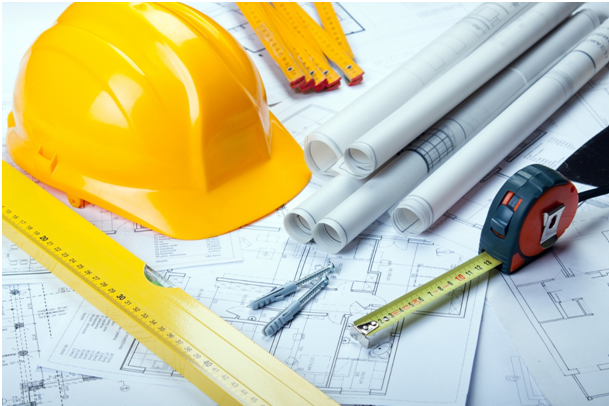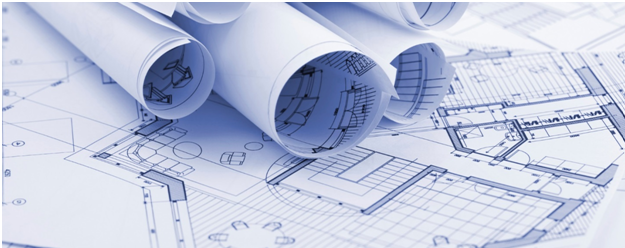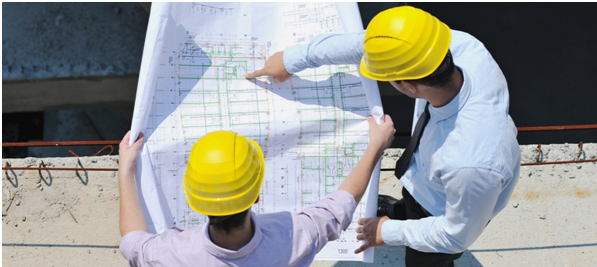
7 Essential phases of construction management planning
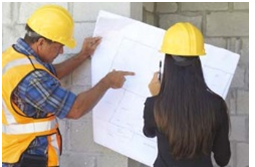 Construction planning is itself a challenging process that requires overall planning and scheduling of a project from beginning to the end. For planning a project it has to meet the proposed action in order to display a favorable result in the future.Planning needs a strategy and a logical approach to bring the strategies into action.The planning phase is the crucial stage for a manager and his team as it requires proper communication and coordination.
Construction planning is itself a challenging process that requires overall planning and scheduling of a project from beginning to the end. For planning a project it has to meet the proposed action in order to display a favorable result in the future.Planning needs a strategy and a logical approach to bring the strategies into action.The planning phase is the crucial stage for a manager and his team as it requires proper communication and coordination.
The 7 planning phases of construction management are:
1. Pre-design
The pre-design process is taken into account and is supervised with the management team and the designing members where different objectives are placed forth. Ideas are shaped into constructional designs and are approved for the further procedures, demonstration of the pros/cons and the project requirements, establishing the project financing, arranging of the funds, submission and approval from the Project Advisory Board all forms the part of the pre-designing phase.
2. Design
Finalizing the design and is produced in front of all for their feedback.The aim lies in to develop a project plan within the budget that meets all the rules and regulation set by the owner. Designing comes with lot of sub-phases such as conceptual, schematic design, design development and contract documents.
3. Bidding process
When the designs are finally set and processed for construction, the documents are released for the bidding process. The bids are reviewed and are granted permission for the assignment to carry forward as per the purchase.
4. Pre-construction
This stage comes after the bidding process where the owner allows the contractor to start his assignment. It involves hiring of a project team, project manager, construction administrator, superintendent and a field engineer.Investigation of the site also takes place to monitor the steps to be analysed on the construction site. This is actually a prior check to see whether there are any sort of environmental threats or presence of any historical possession and to the condition of the soil good enough for a building to hold.
5. Financial assistance
The human resource, materials and the equipment purchased for the work process. The contractor acquires the materials with the help of a purchase order, which clearly states an agreement where materials bought should not exceed the agreed price.
6. Construction
During the construction stage, a decision is generated stating the working hours of the labours, quality check, material storage and access to the site. A pre-construction meeting is arranged for approval and discussion of the problems that may arise among workers or at the site. The work begins keeping in mind the budget.
7. Occupancy
At the near end of the completion, clients are insisted to have a tour at their newly equipped building. Once the client move in, the project budget gets closed and a warranty period starts of all the material and equipment used for the project.
To your project success,
Marvin


